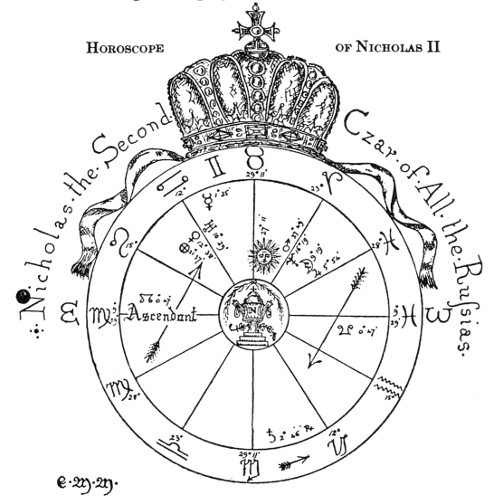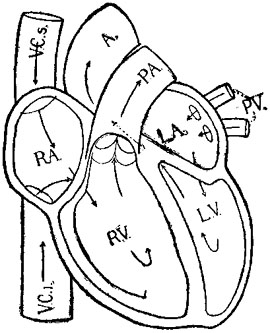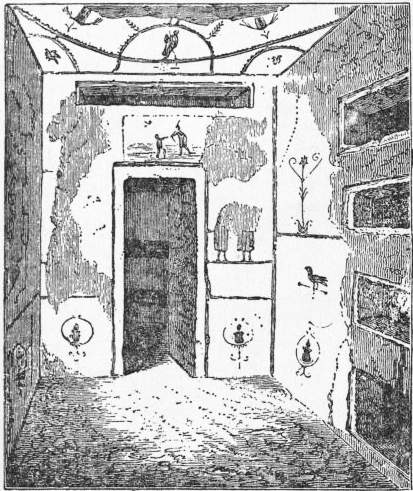Does your work endure, Writer?
Anytē of Tegea (early 3 BCE) was called one of the nine earthly muses for her epigrams and nature poems. Below is her epitaph for the tomb of two lost pets.
For her locust, the nightingale of the fields,
and her cicada that rests on the oak trees,
one tomb has little Myro made,
shedding girlish tears; for inexorable Hades
has carried off her two pets and their double song.
Ἀκρίδι τᾷ κατ᾽ ἄρουραν ἀηδόνι, καὶ δρυοκοίτᾳ
τέττιγι ξυνὸν τύμβον ἔτευξε Μυρώ,
παρθένιον στάξασα κόρα δάκρυ: δισσὰ γὰρ αὐτᾶς
παίγνι᾽ ὁ δυσπειθὴς ᾤχετ᾽ ἔχων Ἀίδας.
With thanks to Paton, W. R., 1917 The Greek Anthology. London: William Heinemann






